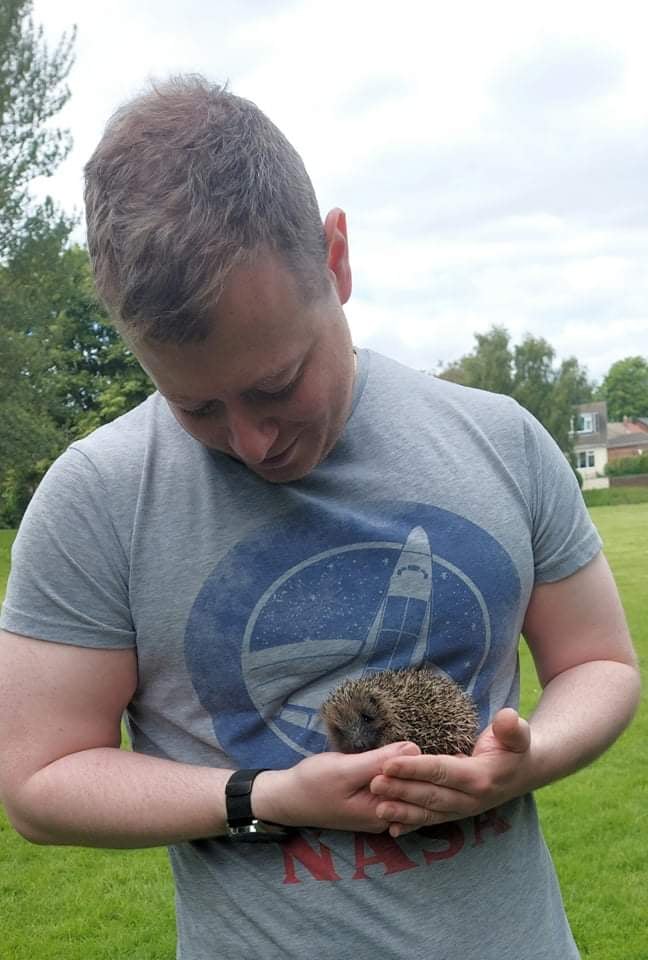
Teesside primary schools have been advised to take part in tooth brushing sessions after the success of a pilot scheme aimed at improving some of the worst children’s teeth in the country.
Almost two years ago The Children’s Health and Wellbeing commissioning group endorsed an initiative to improve the decaying teeth of nursery and reception pupils within several Stockton on Tees primary schools.
The scheme was implemented shortly after shocking statistics published by the Health and Social Care Information Centre highlighted Teesside as an area with some of the worst children’s teeth in the UK.
Children in Stockton were also found to be more than twice as likely to have had teeth removed than in England as a whole.
The rate in Redcar and Cleveland was also one of the highest in England.
An evaluation of 166 primary schools implementing the pilot programme showed a reduction in dental decay that was twice as great as in schools not taking part.
Kamini Shah, Consultant in Dental Public Health at PHE North East said: “No child should have to suffer from toothache. In Stockton, Public Health England and the local authority are working hard to reduce dental decay, as this is entirely preventable.
“We are following NICE guidelines and have implemented a school based tooth brushing programme now offered to all primary schools. The programme has shown promising results with significant reductions in dental decay rates across Teesside.”
A total of 59 schools within Stockton are currently being provided with toothbrushes, toothpaste, and labelled toothbrush holders and a CD selected for children to listen to during sessions. Each individual pupil has a unique symbol printed underneath their toothbrush to make sure they use the same one each day.
Marie Burgum, Oral Health Promotion Advisor at North Tees and Hartlepool NHS foundation said: “The initiative originally started in Scotland and was then targeted towards areas such as Teesside with known levels of high decay. We’ve now approached all the primary schools within Stockton and offered them the resources to take part in the scheme.
“I am responsible for overseeing the scheme within Wolviston Primary School and it’s great that they are now in an established routine and eager to continue and roll it out to older years. We advise parents that tooth brushing within schools is an additional part of oral health and that it is not a substitute for brushing at home.”
The sessions are not compulsory and schools can choose whether or not they use the resources provided and are simply encouraged to take part. There are currently a handful of schools within the area who have not yet taken on board the scheme.
Depending on the level of deprivation within an area the regularity of sessions differs. For example, Wolviston Primary School children have been advised to complete the sessions at a rate of one per week, whereas High Clarence Primary School in Port Clarence are brushing twice a day.
Katie Haycock, the head teacher at Wolviston Primary School initially had doubts about the scheme due to the sessions taking up scheduled class time.
She said: “Back when I was deputy head and we were approached to take part in the scheme I was shocked that as a school we had even been considered. I just assumed that kids in an affluent area such as Wolviston would be regularly visiting the dentist and brushing their teeth at home.
“Now that we’ve been doing the sessions for a while I can see the benefits of making the kids take part here where they enjoy doing it alongside their friends, I think it’s already having some benefit based on what the staff tell me.
“We have only had one parent object to their child taking part and that was due to health reasons, all the parents seem to be on board which is great.”
Wolviston Primary School has already decided to extend the scheme to its class one and two students whilst continuing with the nursery and reception sessions.
Julie Whitehill the class two teacher at the school said: “After we started the tooth brushing in class I did start to notice that some kids had obvious decay that I had previously overlooked.
“I definitely think that by putting a song on for the children and having them all take part together that it helps them to find the activity enjoyable which keeps them concentrating.
“I know that some of the kids have been asking their parents to play the song for them at home which is obviously a positive effect.”





